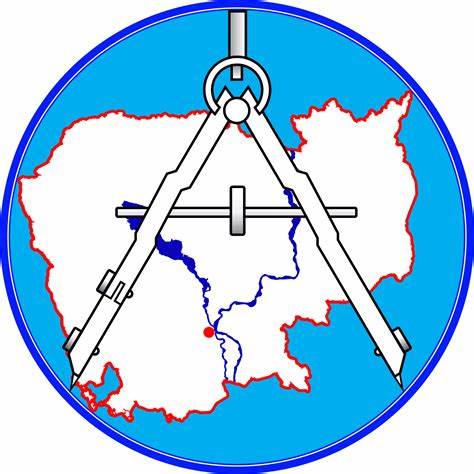Issue Description
Sub-Decree No.126 on the Management and Use of Co-Owned Buildings passed in August 2009 and the Law on Providing Foreigners with Ownership Rights in Private Units of Co-Owned Buildings in May 2010 were heralded as significant progress for Cambodia’s real estate sector as they established the legal framework for co-owned buildings and opened the property market to foreign investors. These regulations were a catalyst for the tremendous growth of condominium developments across Phnom Penh, providing a diverse market for both local and foreign property purchasers.
Sub-Decree No.126 defines the components of a co-owned building that are of the exclusive private ownership of each co-owner as well as components that are subject to common use. These shared-use areas are for the benefit of all co-owners to enjoy and are under common management and ownership. Part 2, Clause 3 of the Sub-Decree designates the areas under common ownership and includes ground areas, courtyards, access ways, structural components and a number of other shared components. Notably, car parking spaces have also been included as a common area, meaning developers are unable to allocate a private parking space to property owners.
This is highly unusual, as typically in condominium developments around the world, when a buyer purchases a private unit, an allocated parking space is included in the sale for their exclusive use. This ensures that tenants can always park their vehicles within the grounds of their condominiums, otherwise the parking amenities could be at capacity, leaving co-owners disadvantaged within their own property. While EuroCham is aware of a number of developers that already offer private parking spaces for rent or sale due to the increasing demand from property purchases, at present Sub-Decree No.126 does not provide a mechanism to allow this practice to be recognised legally, leaving property owners open to potential consequences.
Impact on business
The current common use system for car parking in condominiums leaves scope for abuse by other co-owners who could take advantage of the good faith of this commonality, which may increase the dissatisfaction of other co-owners and could lead to a hostile environment for all tenants. If developers continue to be unable to offer private parking spaces as part of condominium sales this may harm Cambodia’s emerging property market by discouraging potential buyers from following through with their purchase. This issue is particularly apparent for Phnom Penh where residents are already struggling with the increased traffic congestion, which is expected to worsen as Phnom Penh’s population and affluence continues to grow.
Creating a mechanism to allow for private ownership of parking spaces could also create a new tradable market for parking spaces, as tenants that do not utilise their space may sell or rent the unoccupied space to others. This is becoming a growing and increasingly valuable market in many countries where city centre parking is scarce and can be an effective means to help alleviate traffic congestion.
Recommendation
- Enable private ownership of property parking spaces.
By amending Sub-Decree No.126 to allow developers to treat parking spaces within co-owned buildings as private units, the Royal Government of Cambodia will help align Cambodia’s condominium market with the majority of other markets around the world and in doing so, increase the satisfaction of new property purchasers. Adopting new regulations for car parking spaces will allow developers to issue private ownership certificates and uniformly distribute parking spaces among all tenants, for which they can use as they please.
EuroCham will be happy to assist the Ministry of Land Management, Urban Planning and Construction in the adoption of new regulations to enable the establishment of a system to issue certificates for private parking spaces, as outlined by our proposed Memorandum of Understanding with the Ministry.
Royal government of Cambodia
Initiative from Eurocham: The issue has been raised by the Real Estate & Construction Committee within The White Book edition 2024 in the Recommendation No. 54.

On July 22, 2024, during a consultation with the private sector, the Ministry of Land Management, Urban Planning, and Construction (MLMUPC) addressed all recommendations related to the Real Estate & Construction Chapter of the White Book. During this consultation, the Ministry asserted that according to Sub-Decree No.126 on the management and use of co-owned buildings, among the 100 square meters reserved for projects of co-owned buildings, a space is reserved for parking. Therefore, provided that each co-owned building projects is implemented according to Sub-Decree No.126, co-owned buildings can create additional private parking space for buyers.
The MLMUPC will consider issuing a Prakas to further clarify this matter.
National Counterparts

Ministry of Land, Management, Urban Planning and Construction

